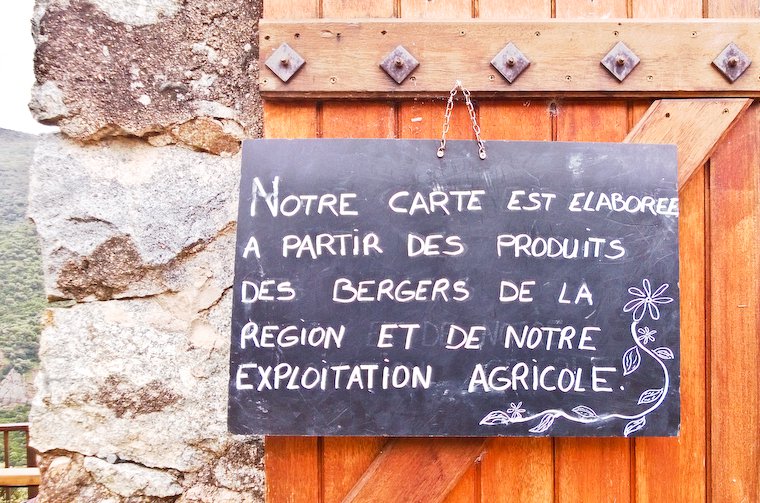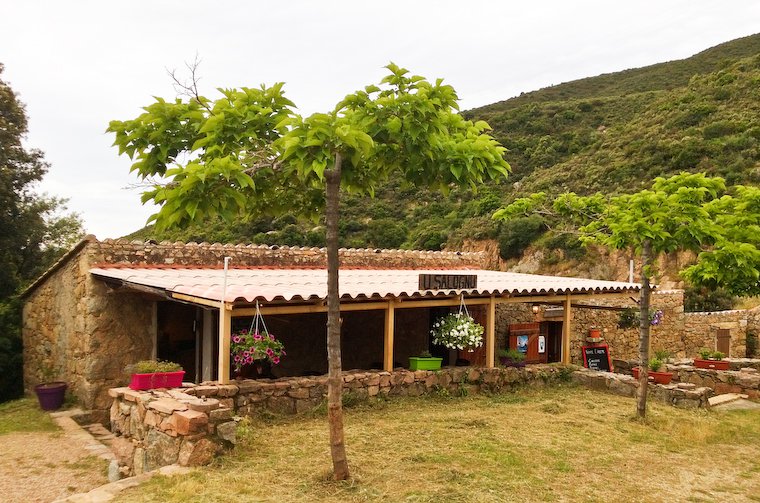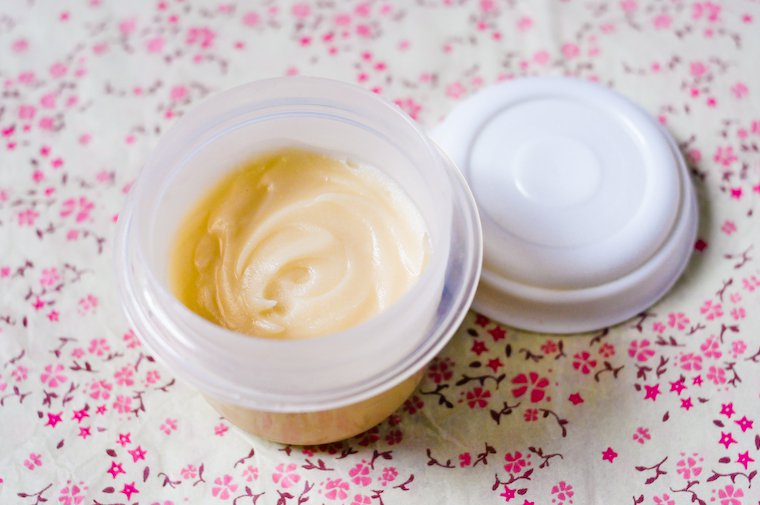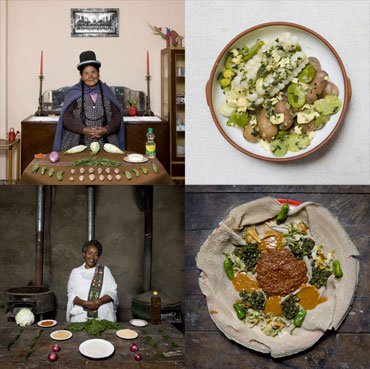
Camille Labro with Cléo, 6, and Noé, 8.
Camille Labro is a French cook and food journalist who writes for M, the weekly magazine published by Le Monde. On her blog, Le Ventre libre (“the free belly”), she shares her gastronomic adventures and joys, and explores ways to eat better in an urban environment.
She is the mother of two children, and I am delighted to have her as a guest in my Parents Who Cook interview series. Read on for her many inspired tips! (Interview conducted in French and translated by myself.)
Can you tell us a few words about your children? Ages, names, temperaments?
Noé, 8, loves to read, eat, bike, and roller-skate. Cléo, 6, loves to read, eat, dance, and draw. They are both very sociable, adventurous with flavors as with experiences, full of existential questions, and very jealous of the gastronomic meals I eat without them: they devour the pictures while calling me every name in the book.
Did having children change the way you cook?
Not really, but it has given me structure, and has forced me to cook more regularly and to think of the nutritional qualities of the meals. I’ve set a rule for myself ever since they started eating more or less everything: I prepare balanced meals with a small first course (usually a raw vegetable), a dish (protein + carb + vegetable), and a simple dessert (yogurt or fruit).
Do you remember what it was like to cook with a newborn? Any tips or saving grace for new parents going through that phase?
When my children were very young and I was still breastfeeding them (I did for nine months each), I wasn’t working very much, so I had time to cook. I would place the baby in the bouncy chair next to me and talk about what I was preparing. In general, he/she was very attentive and liked the movements, the noises, the smells (better than a mobile!). And if he/she was getting impatient, I would give him/her a stick of carrot to suck on or a crust of bread to gnaw on.
Otherwise, for parents who work, I think the main tip is to prepare lots of things in advance. Pick one day a week, Sunday for instance, to go to the greenmarket and cook lots of dishes that you’ll freeze: stews, soups, gratins…
And there are other simple things you can do, like wrapping small steaks or fish fillets individually for freezing (you can transfer however many you need to the fridge in the morning and have them thawed by dinnertime), freezing pesto in ice cube trays (one ice cube per person for a dish of pasta), washing and drying all your fruits, vegetables, and greens in advance so they’ll be ready to use. It takes some logistics to alleviate the workload for the rest of the week.
As for dinner parties, it’s hard to pull them off when you’re a young parent… But you can always invite your friend over to cook dinner! I’ve done that often when I was feeling overwhelmed: you like to cook ? Come eat at my place. I’ll take care of the shopping and set the table; you’ll cook while I take care of the baby. It can be done as a group, too, with other young parents, and you take turns playing the different roles. It’s fun, convivial, and a good way to show solidarity!

Camille Labro photographed by her son in her kitchen.
Continue reading »











